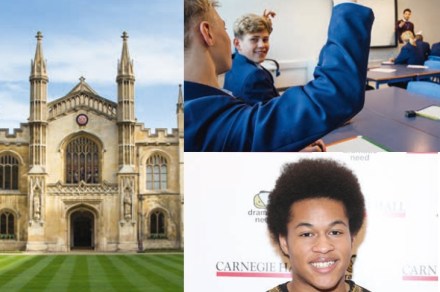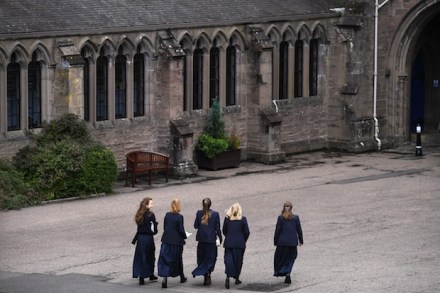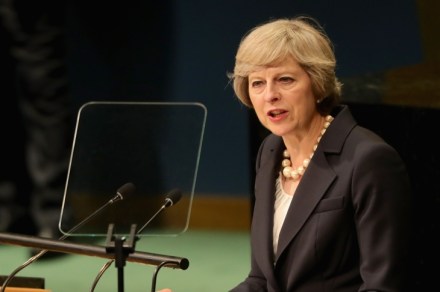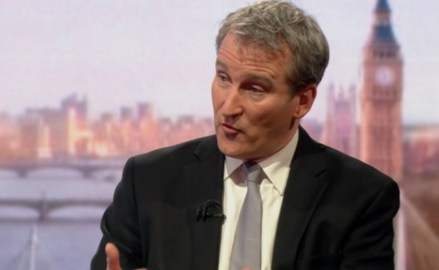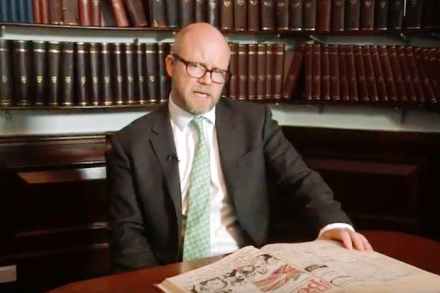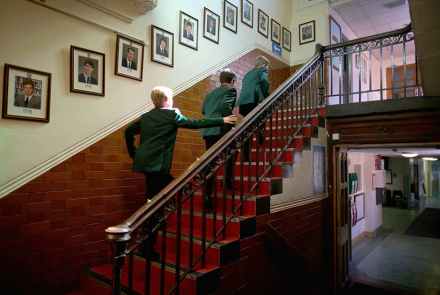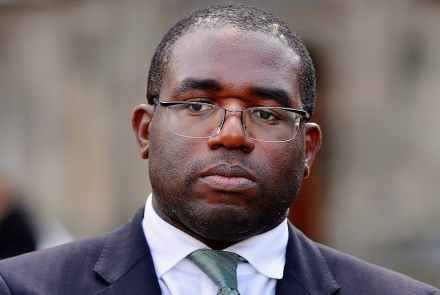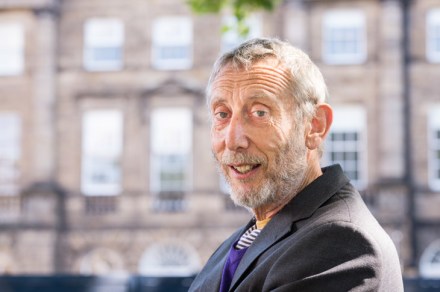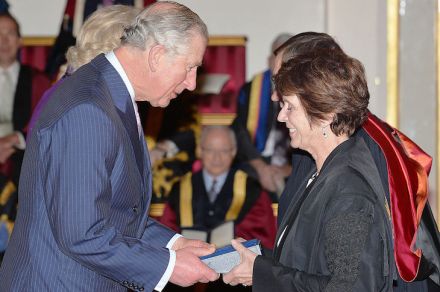School report | 15 March 2018
TRUE GRIT Education secretary Damian Hinds gave his first big speech at the Education World Forum in January, about the vital importance of learning from other countries and ensuring young people are able to thrive in a global economy. He also spoke of the benefits that come from sharing Britain’s educational excellence and know-how with the rest of the world. But he made it clear that he doesn’t believe education is all about exams and A grades. ‘There is much outside the relevant qualifications which matters a great deal as well,’ he said. ‘That you believe that you can achieve, that you can stick with the task at hand and
